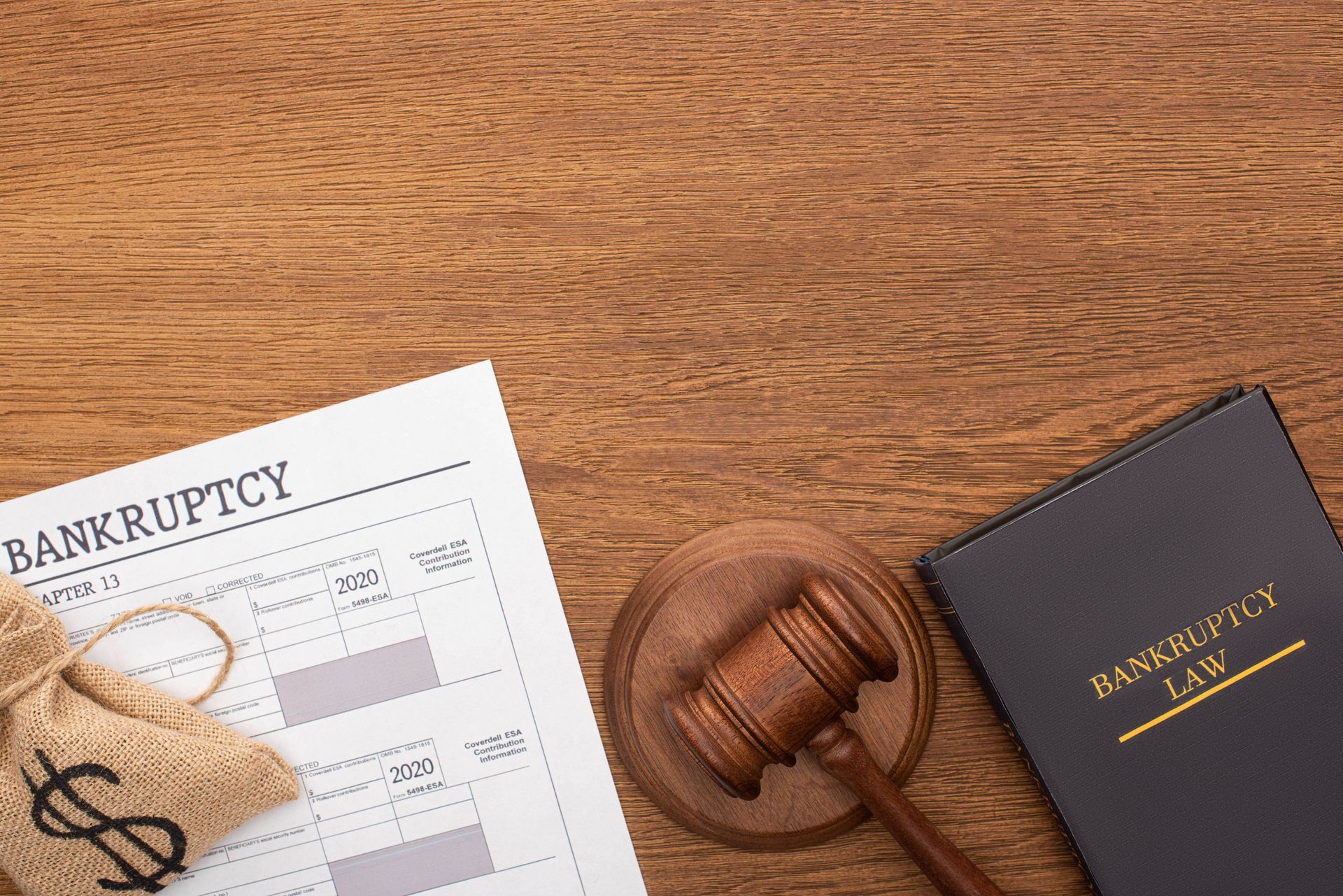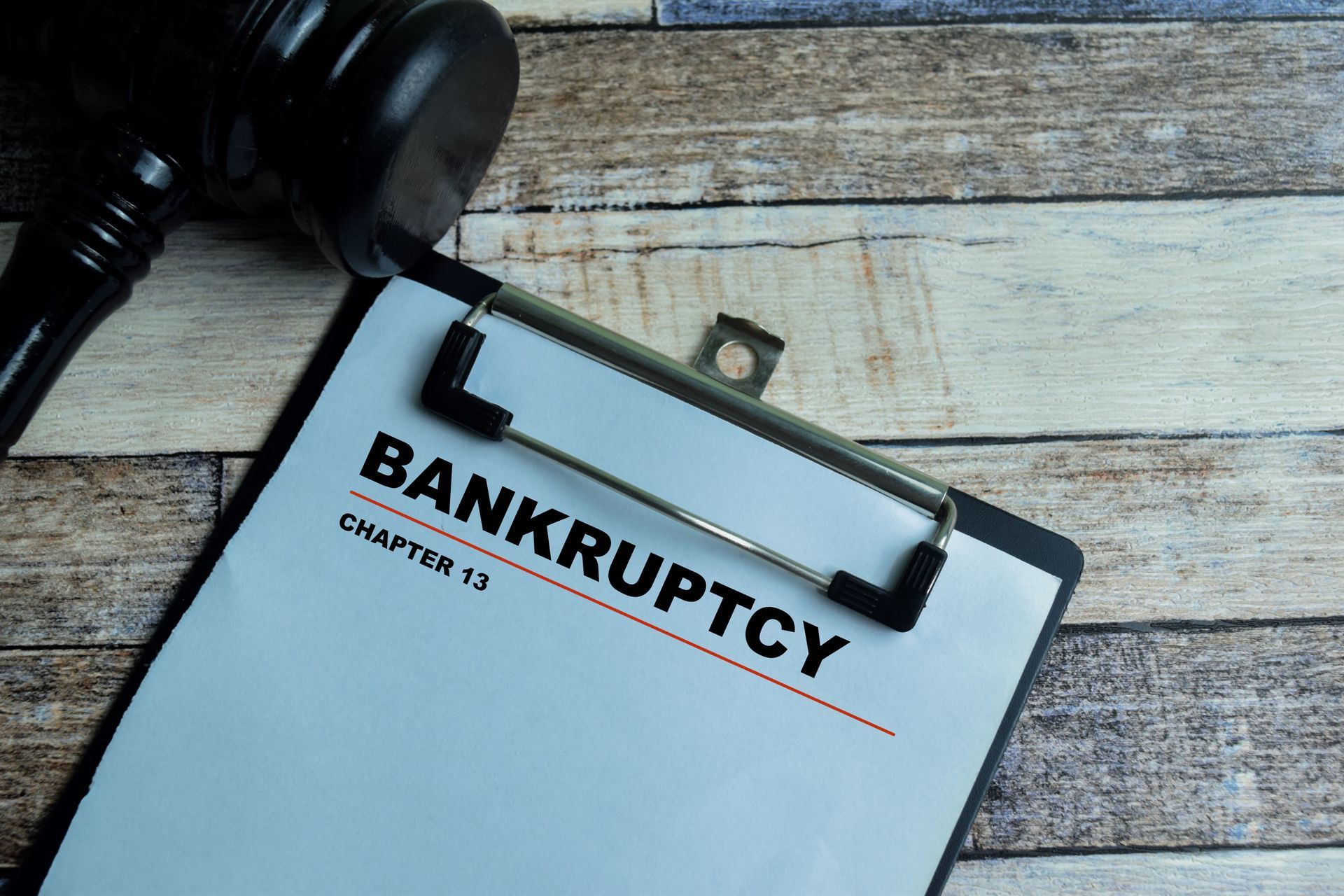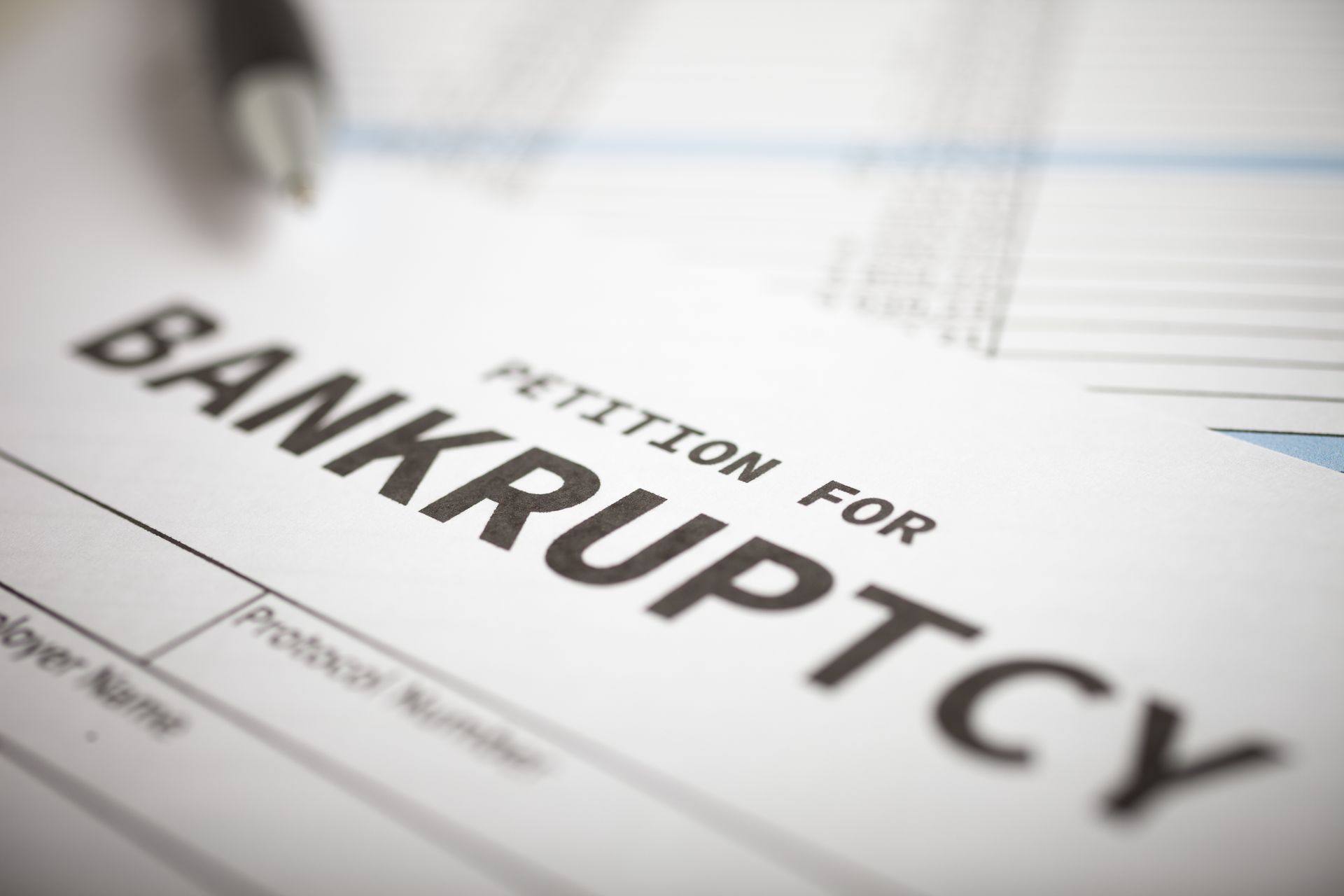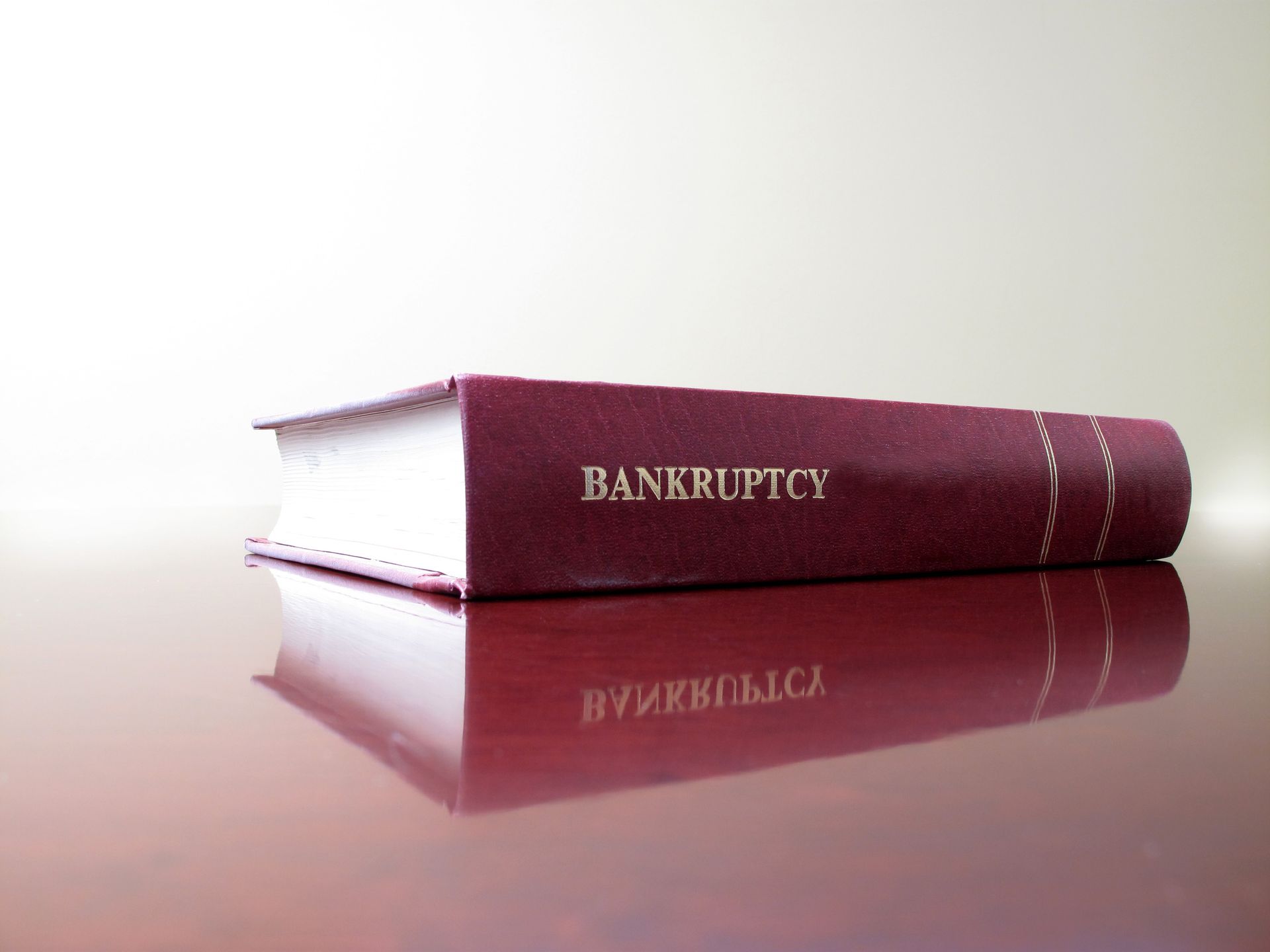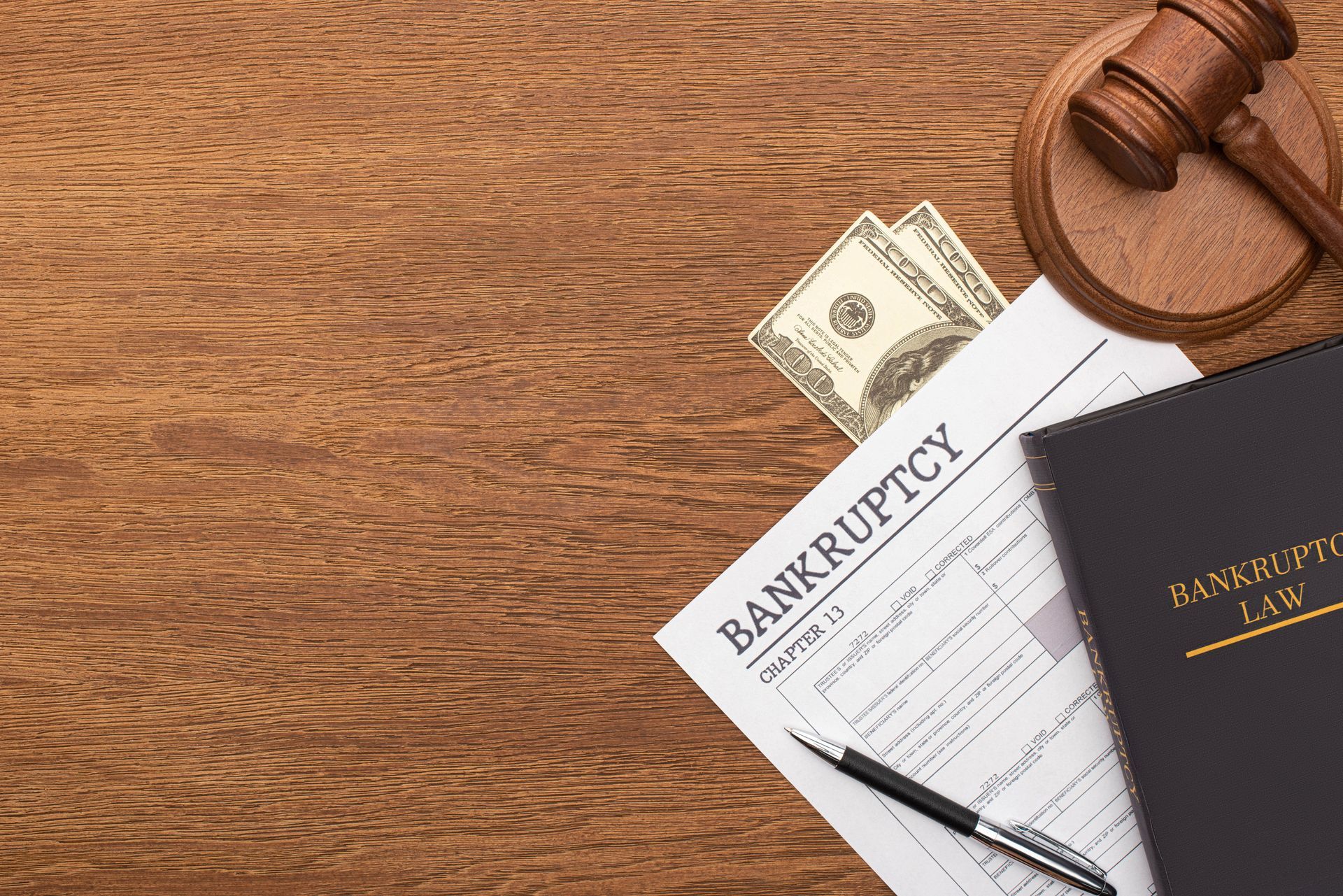Contact Us
Phone: 479-345-5194
Location
2215-6 Fayetteville Road
Van Buren, AR 72956
Hours
- Mon - Thu
- -
- Friday
- -
- Sat - Sun
- Closed
Call Now Free Consultation: 479-345-5194
Schedule a Case Evaluation
Contact us now!
Office Hours
- Mon - Thu
- -
- Friday
- -
- Sat - Sun
- Closed
Call Us 24/7
Disclaimer: The information on this website is for general information purposes only. Nothing on this site should be taken as legal advice for any individual case or situation. This information is not intended to create, and receipt or viewing does not constitute an attorney-client relationship.
© 2026
All Rights Reserved | Carl W. Hopkins, PA | Powered By Convert It Marketing | Privacy Policy
© 2026
All Rights Reserved | Carl W. Hopkins, PA | Powered By Convert It Marketing | Privacy Policy


